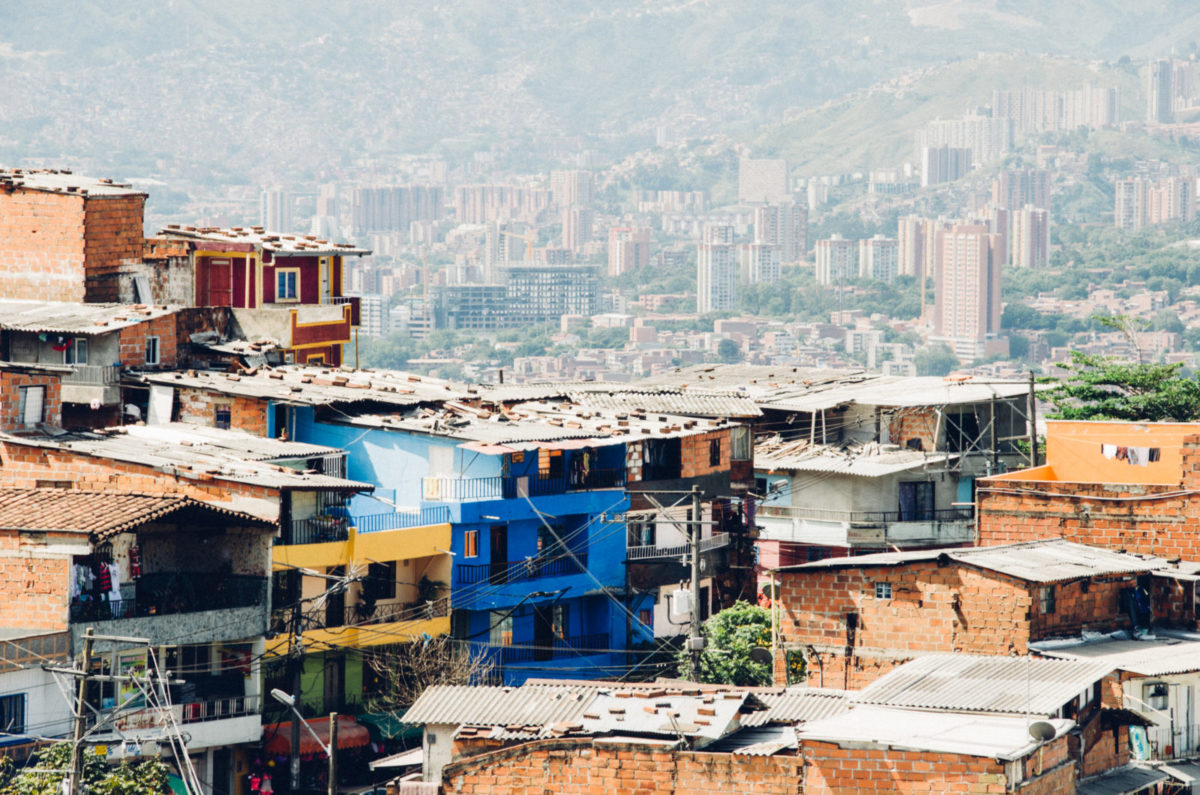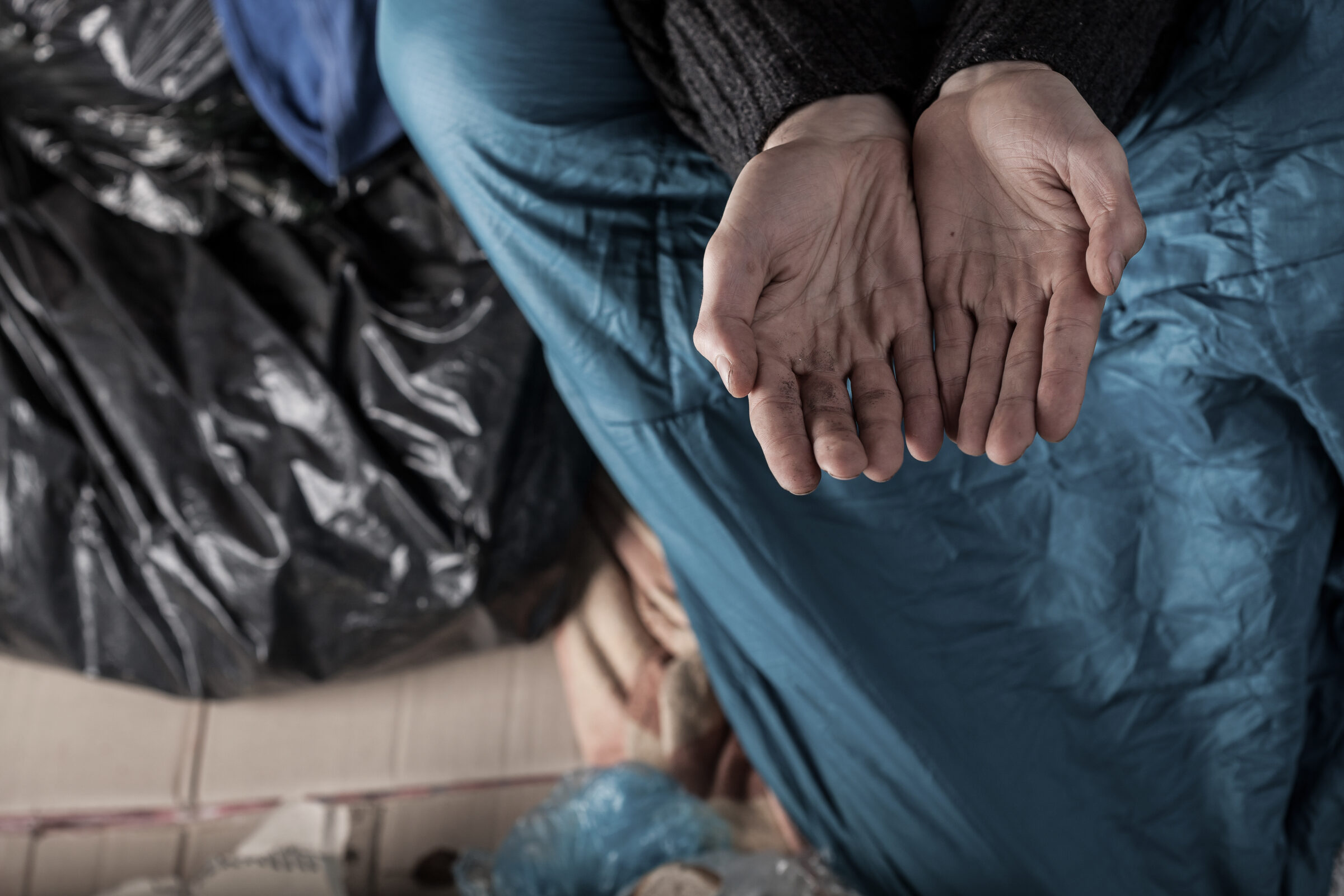


What’s Being Done to Reduce Wealth Inequality in the US?
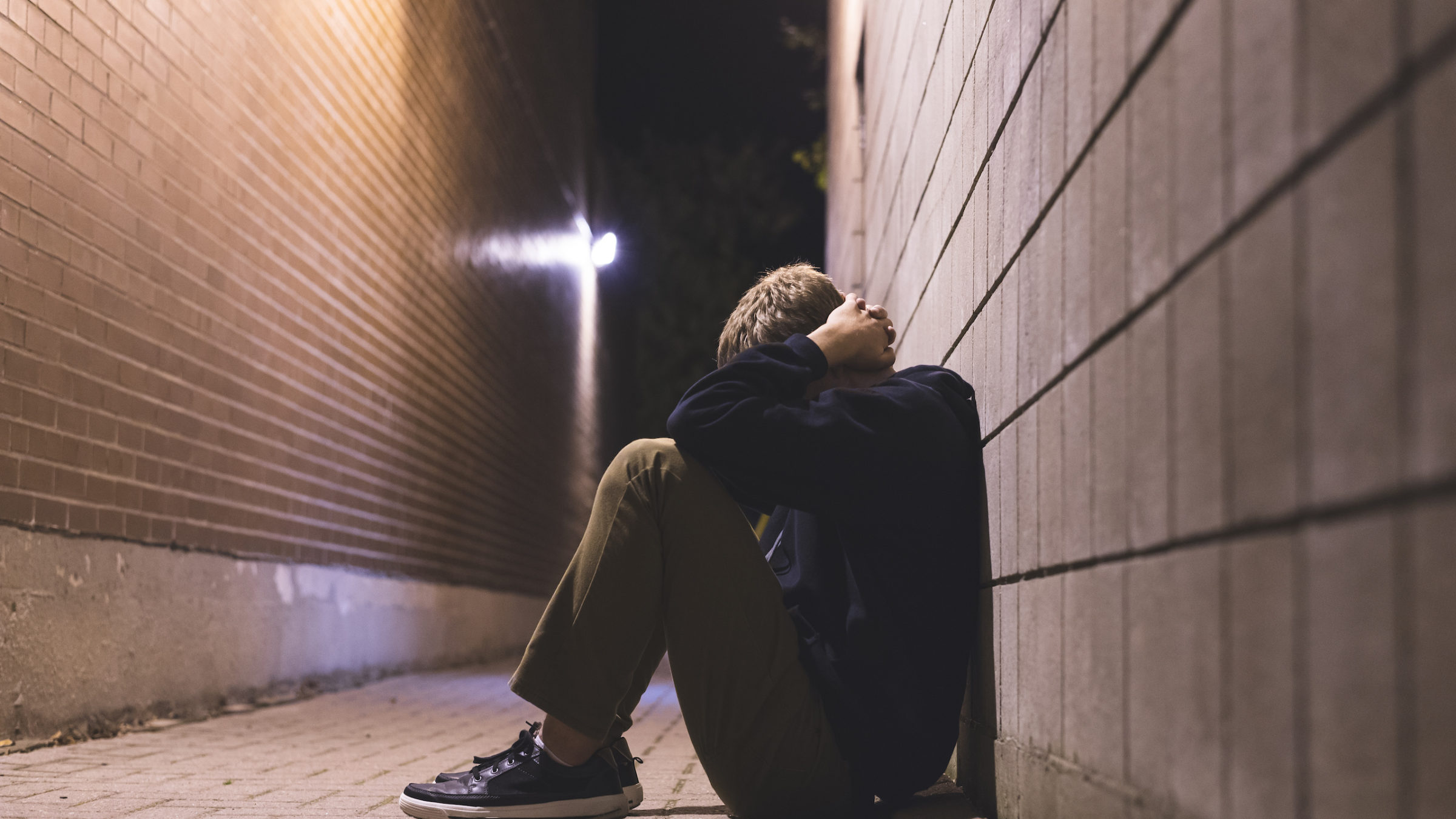
Washington State Police Reforms Fail the Mentally Ill
When Governor Jay Inslee signed into law a dozen new police reforms on May 18, he called them “a moral mandate” that would “create a system of accountability and integrity stronger than anywhere else in the nation.” According to proponents, the new laws are intended to protect citizens from unreasonable uses of force and to hold police accountable when they step out of line. Such reforms swept the nation in the wake of last summer’s demonstrations after the death of George Floyd. But a Facebook post from the Sedro-Woolley Police Department illustrates the way these laws are neglecting some of the most at-need in the state’s communities. “The last Legislative Session in Olympia has resulted in multiple changes in how we do Read More ›
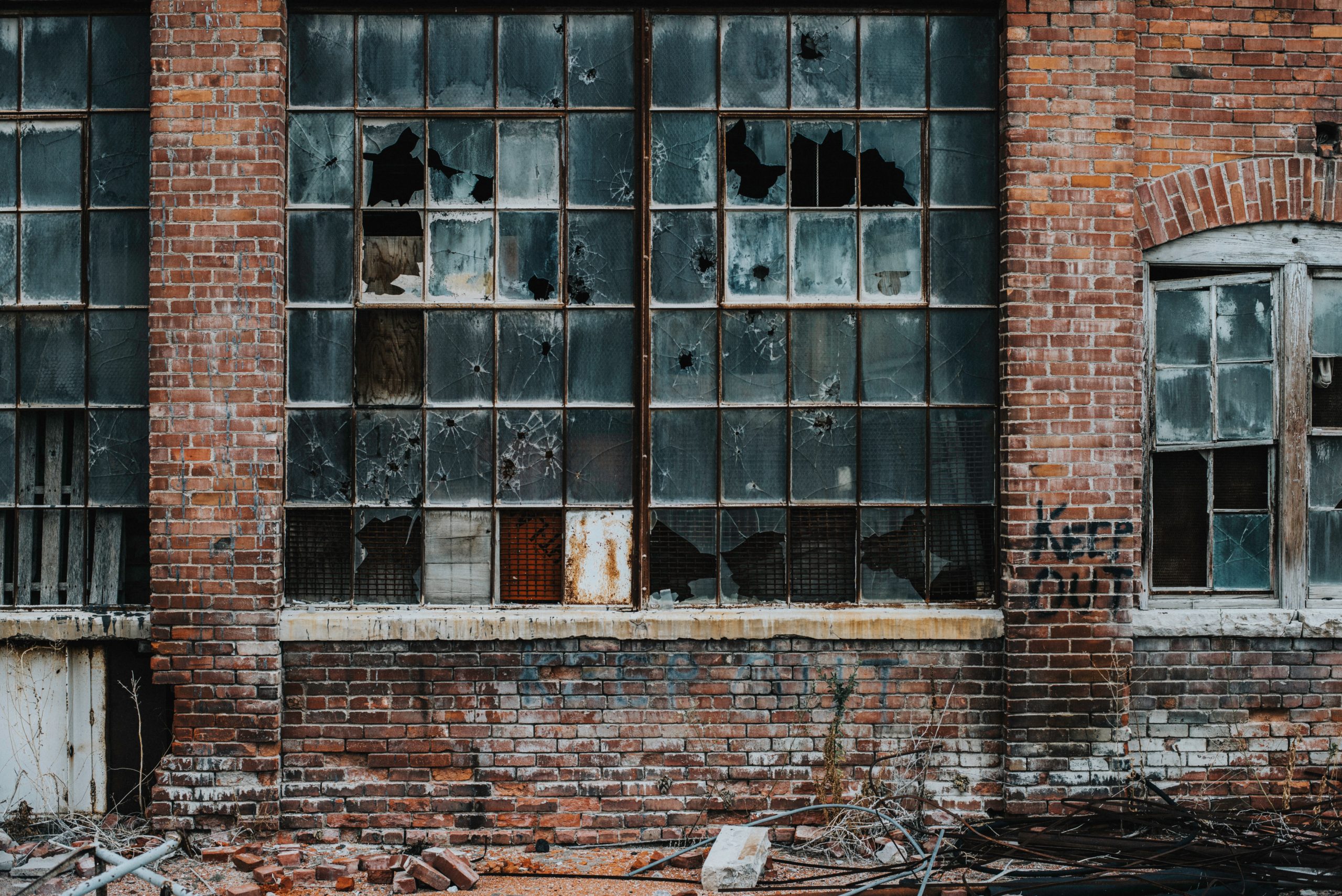
A New American Poverty

“Safe Injection Sites” Aren’t Safe, Effective or Wise. Just Ask Canadians
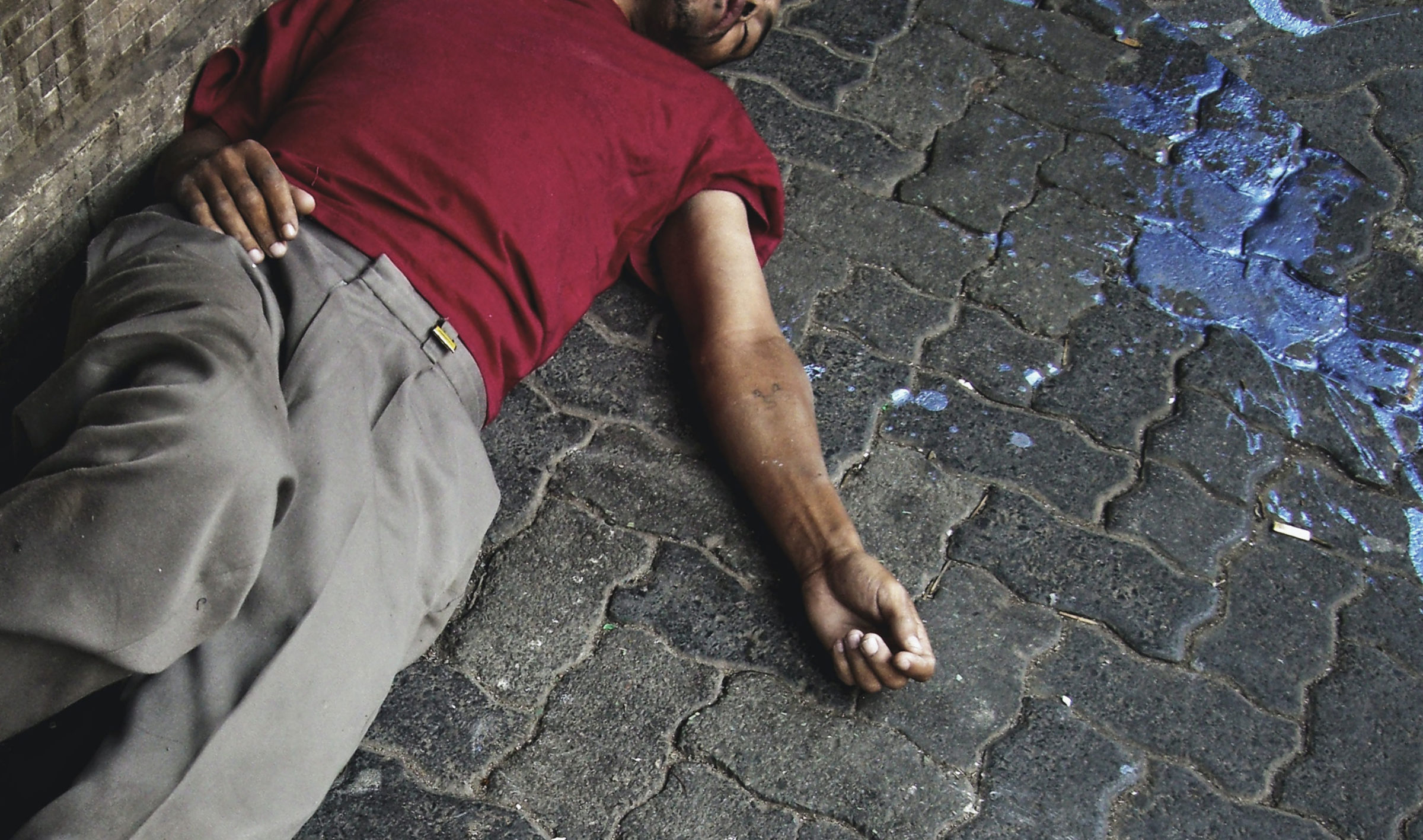
The Harm in “Harm Reduction”

Economics in the Age of Trump
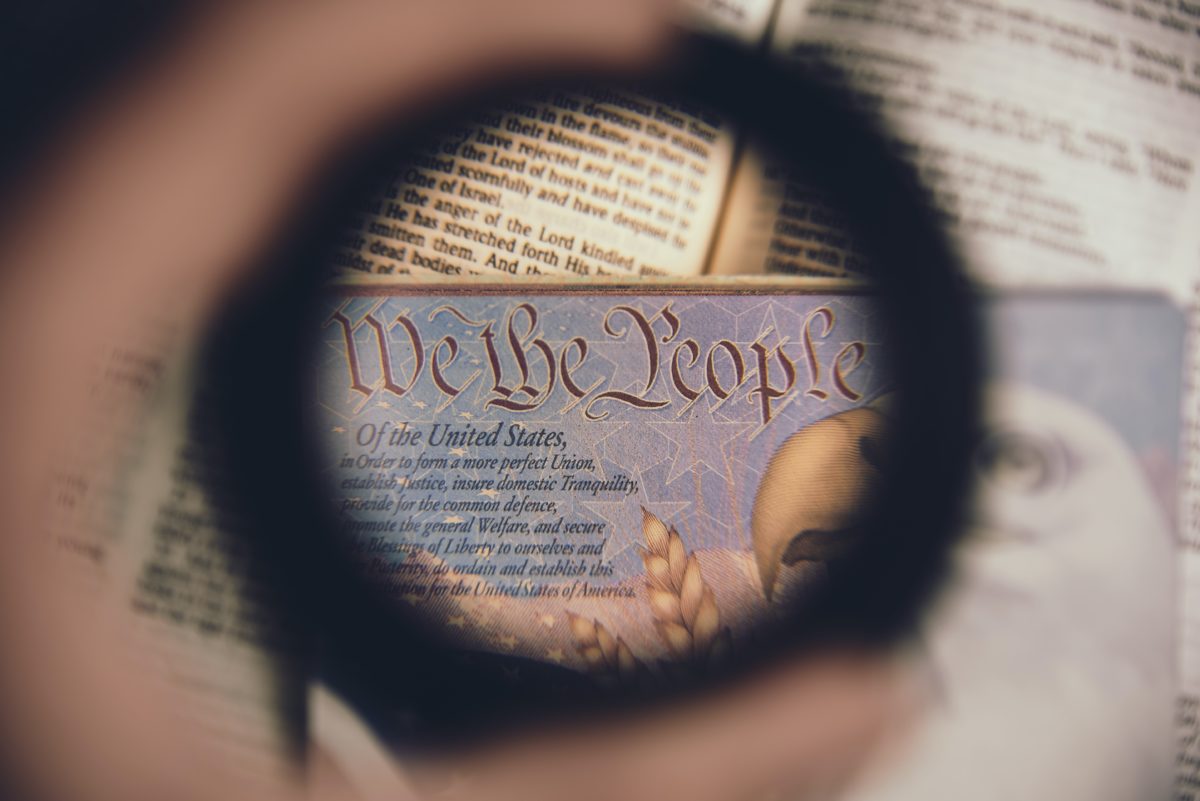
To Hell with Main Street?
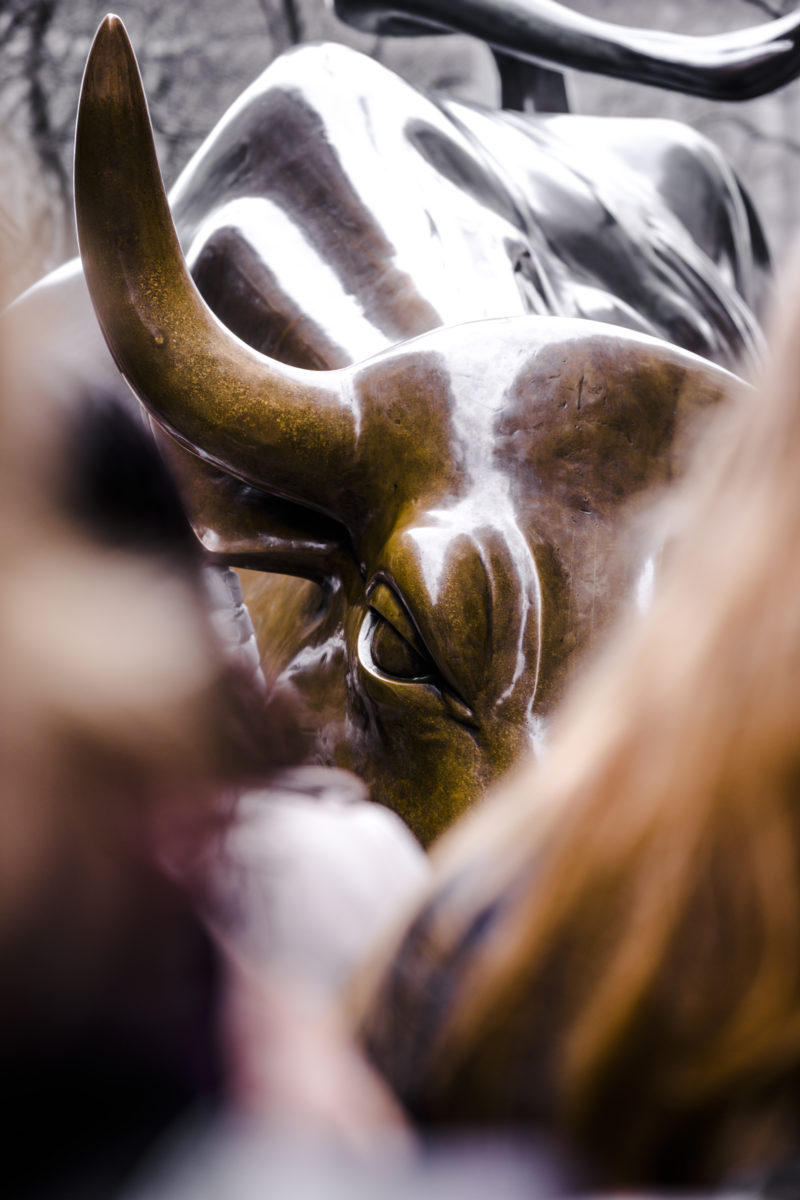
Growth Without Virtue
